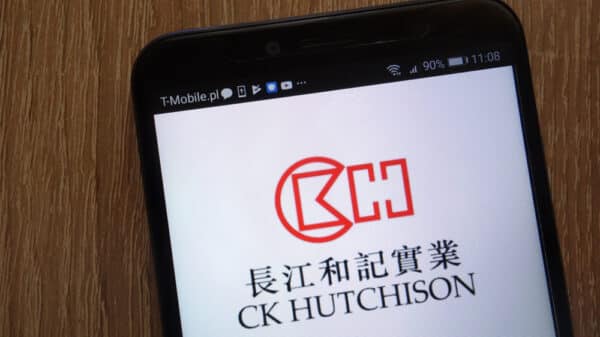Hennes Mauritz AB (H&M), the well-known fast-fashion retailer with roots deep in Sweden, has been publicly traded since 1974. However, recent trends suggest that this storied brand may soon move back toward private ownership. This shift has sparked considerable interest and speculation among industry analysts and investors alike, as the founding family, the Perssons, are quietly but steadily increasing their stake in the company.
Since 2016, the Persson family has invested over 63 billion kronor (around $6.6 billion) in H&M shares, raising eyebrows about their intentions. Despite their significant actions, family members have publicly denied plans to take the company private. Their substantial investments come through Ramsbury Invest, a holding company named after the grand estate owned by billionaire Stefan Persson. The family now controls approximately 70% of the company’s capital and around 85% of voting rights — a figure that is only growing.
Sverre Linton, chief legal officer and spokesperson for the Swedish Shareholders’ Association—which represents smaller investors—has noted the possibility that the family’s intentions are misunderstood. He mentioned that the ongoing share purchases could be perceived as a clear signal of a future privatization attempt. If that’s not the case, he suggested, the family should make their position more explicit to quell any speculation.
Karl-Johan Persson, the current chairman of H&M and grandson of the founder, has publicly stated there are no plans to take the company private, insisting their investments come from a strong belief in H&M’s potential. Yet, the ongoing pattern of acquisitions raises questions among analysts. Niklas Ekman from DNB Carnegie has pointed out that if the family continues at this pace, a potential buyout could occur within the next two years.
Stefan Persson, who served as CEO for 16 years and oversaw H&M’s skyrocketing growth, remains heavily invested in the company’s future. His son, Karl-Johan, now plays a pivotal role in both H&M and Ramsbury Invest. Industry sources suggest that their leadership has historically favored retaining close control of the company, sometimes at the expense of transparency toward minority shareholders.
H&M’s stock has been on a downward trajectory since hitting its peak nearly a decade ago, falling around 60% in that time frame. By contrast, its main competitor, Zara’s parent company Inditex SA, has seen its values climb by approximately 60%. This ongoing decline in stock price could ironically present an opportunity for the Perssons, allowing them an easier path to full control at a more manageable cost.
Nonetheless, any privatization initiative would likely need to account for the financial implications. Analysts caution that significant debt could arise from family-led buyout attempts, impacting the company’s operational flexibility. Furthermore, a buyout could require a premium bid, complicating finances further and diverting cash flow from investment opportunities to pay off debts.
Operationally speaking, H&M finds itself grappling with several challenges. Competition is fierce, with slim demand for its products and new tariffs impacting costs. The company’s most recent quarterly performance was disappointing, indicating that heavy marketing expenditures aimed at regaining lost customers have not yet yielded positive results. CEO Daniel Erver is working to change this narrative, focusing on younger demographics through collaborations, such as partnerships with artists like Charli XCX. However, these efforts haven’t yet translated to significant growth.
H&M has faced criticism for its lack of transparency, particularly regarding changes in management and its policies about disclosing executive shareholdings. As the fast-fashion sector is under scrutiny from consumers for sustainability and ethical practices, any misstep could further taint its public perception.
For investors, such as Anders Oscarsson, the head of equities at AMF—one of Sweden’s largest pension managers—any move toward privatization raises concerns about the loss of shareholder value. He has yet to hear the Perssons explicitly mention their plans regarding H&M’s public status, emphasizing that a privatization would undoubtedly be sad news for public investors.
Ultimately, this unfolding narrative of H&M not only highlights the questions surrounding its future ownership but also reflects the broader challenges facing the fast-fashion industry in an evolving retail landscape. Investors and consumers alike are left to ponder what the future holds for a brand that has become synonymous with fast fashion and which now stands at a crossroads of potential transformation.
Image Source: Sorbis @ ShutterStock























